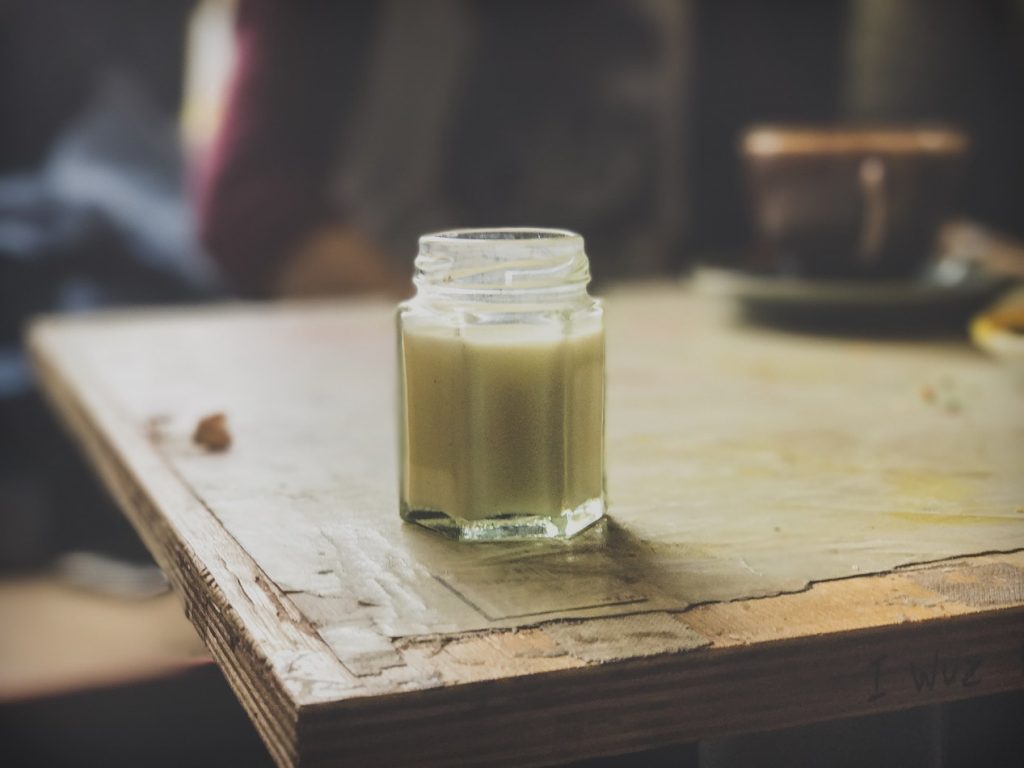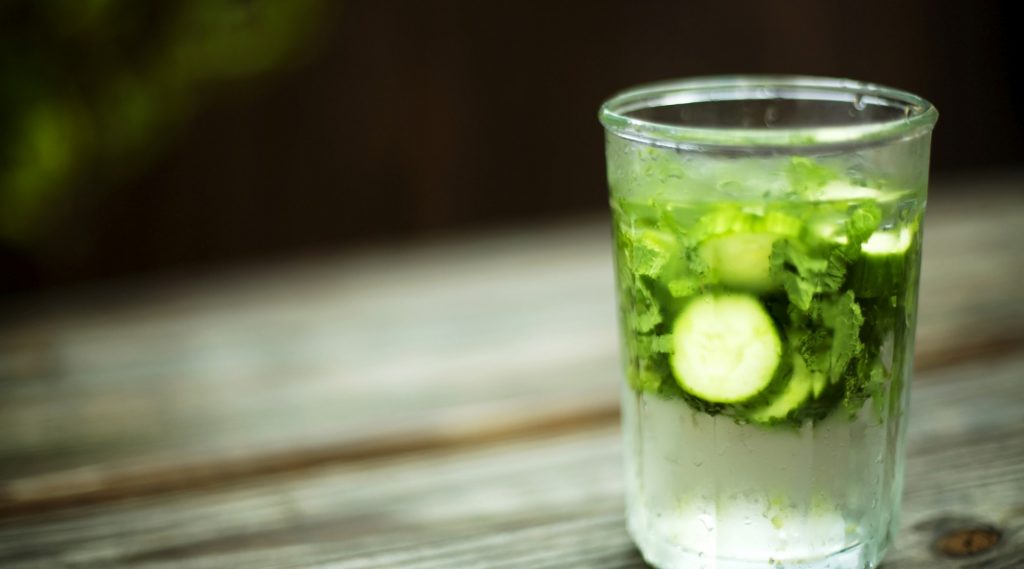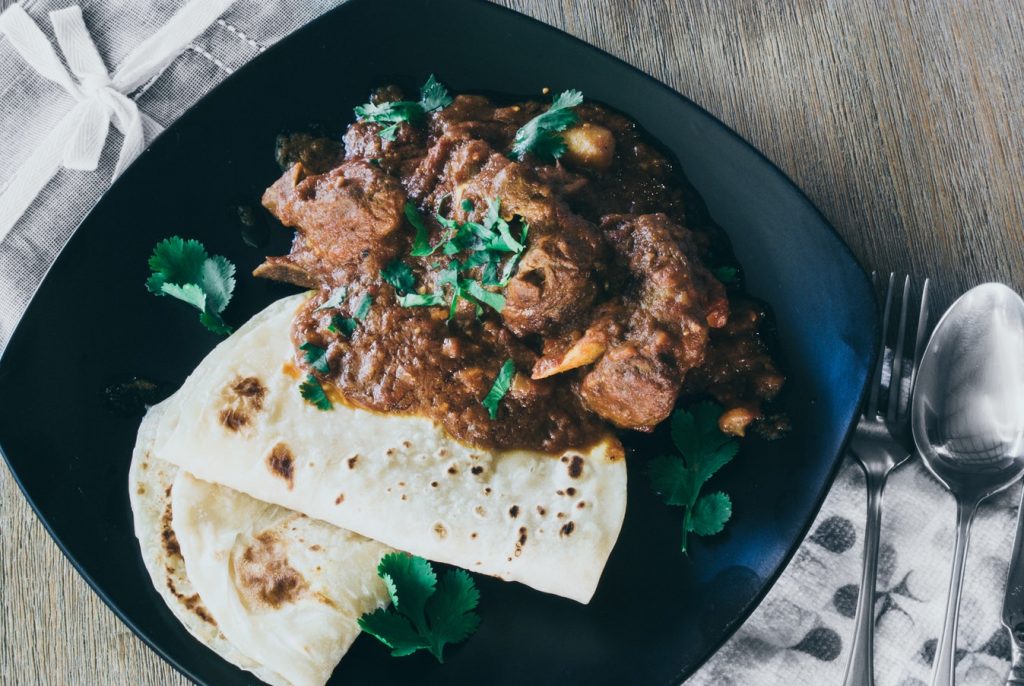Spicy foods absorb water as they pass through your pharynx (the back of your throat) and your stomach. This means that eating them runs down your bodily fluids, making you feel thirsty afterward.
Spicy foods absorb water as they pass through your pharynx (the back of your throat) and your stomach. This means that eating them runs down your bodily fluids, making you feel thirsty afterward.
Although I’m not a Muslim, I’ve fasted from food and water many times before. Fasting allows me to cultivate self-discipline, understand the sufferings of the poor and hungry, make more time for prayer and meditation, and improve my health.
It can sometimes, admittedly, be a challenge to stay healthy and hydrated when fasting, especially in the summer when the days are long. Yet the more I’ve learnt about nutritional science, the easier it’s become for me to avoid feelings of faintness and dehydration during my fasts.
In this series of four articles, I want to share some hints and tips for Muslims and non-Muslims alike experiencing the benefits of fasting this Ramadan. In this first article, I’ll give some advice on the science of staying hydrated.
Tip #1: Drink milk instead of water at your dawn meal (suhoor).
Studies have shown that the fluid content of a drink of milk is retained in your body for much longer than the fluid content of a similarly sized drink of water or juice. Orange juice actually performs slightly better than water, but not nearly as well as milk (skimmed or full-fat).
Milk’s nutrient density is thought to be why it’s such a good long-term hydrator. Milk is rich in vitamin B12, protein, iodine and electrolytes, a particular set of minerals that includes sodium, potassium, calcium, magnesium, and phosphate. Our stomach empties more slowly after we drink something rich in vitamins and electrolytes than it does after we drink water, keeping us hydrated for longer.

If you aren’t fond of cow’s milk (or are intolerant to it), it’s worth experimenting with soy milk or other plant milk, especially those that are fortified with extra vitamins and minerals. Many brands of soy or other plant milk have similar nutritional profiles to cow’s milk. Try to look for brands fortified with the electrolyte minerals: sodium, potassium, calcium, magnesium, and phosphate; fortification with other vitamins and minerals is a bonus.
Tip #2: Drinking something high in electrolytes is also important when it comes to breaking your fast.
The electrolyte minerals are all vital to good health. Our body stores these minerals in its bodily fluids, so dehydration causes the body to lose electrolytes. This makes it important to replenish electrolytes quickly when you break your fast. One way to replenish electrolytes is to drink a sports drinks like Powerade or Lucozade Sport, but these drinks tend to be high in sugar and artificial sweeteners. I find it tastier and more refreshing to make a natural electrolyte drink.

You can add electrolytes to a jug of water simply by adding a few slices of citrus fruit or, best of all, cucumber, leaving the jug to stand for a few hours in the fridge. If you want to go one better, add cucumber and lime to a glass of coconut water for a DIY sports drink. (Coconut water is itself a natural source of electrolytes.)
Tip #3: If you intend to eat spicy foods for your suhoor, plan to finish your meal well before sunrise.
Spicy foods absorb water as they pass through your pharynx (the back of your throat) and your stomach. This means that eating them runs down your bodily fluids, making you feel thirsty afterward.

If you eat spicy foods immediately before sunrise, you’ll feel really thirsty just a couple of hours into the day – and your dehydration will only get worse after that. Nonetheless, if you allow yourself at least an hour to rehydrate between eating and sunrise, you should have no problems eating spicy foods for your suhoor.
In the next article in this series, I’ll tell you how to transform habits that will hinder you from fasting this Ramadan into habits that will help you.





